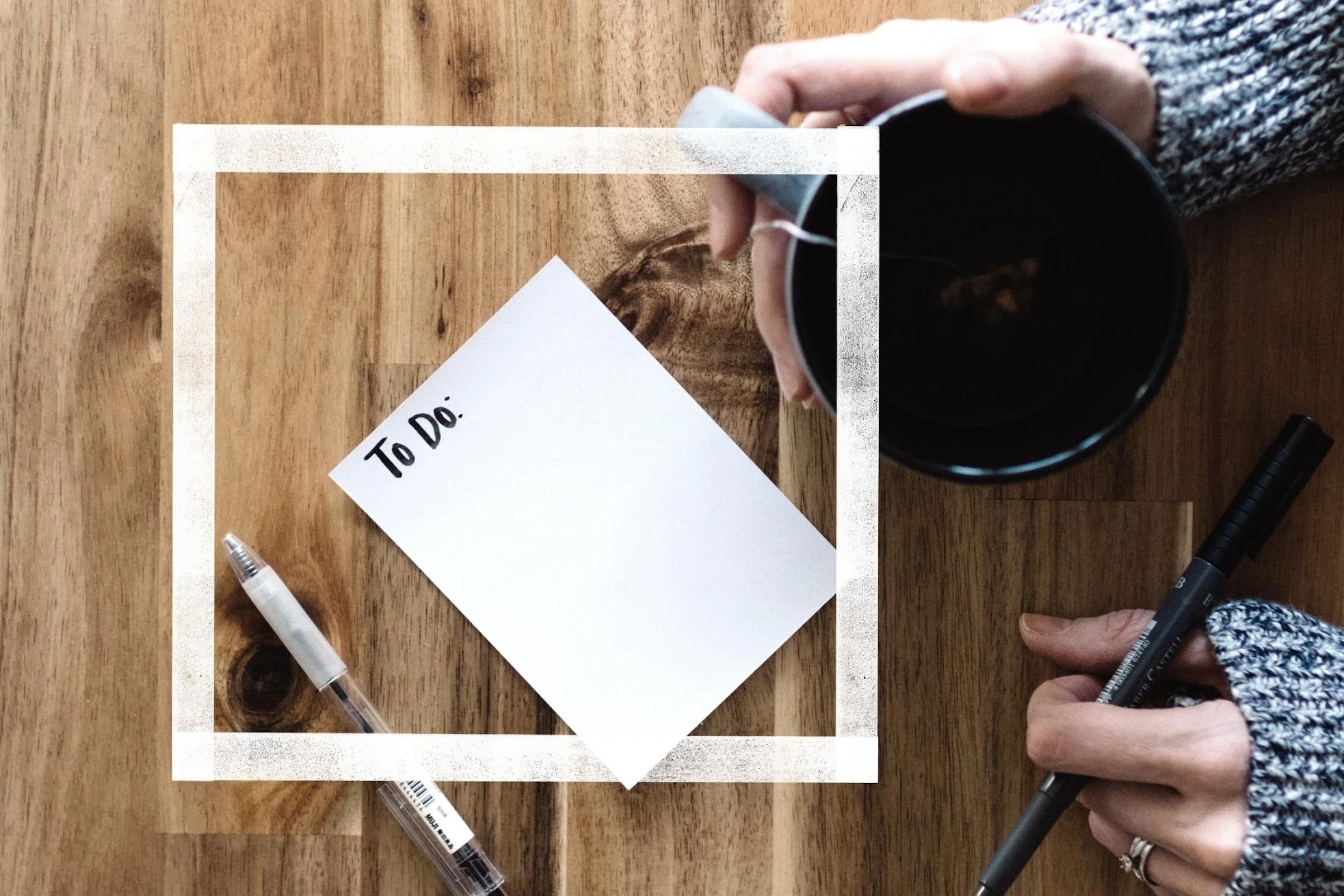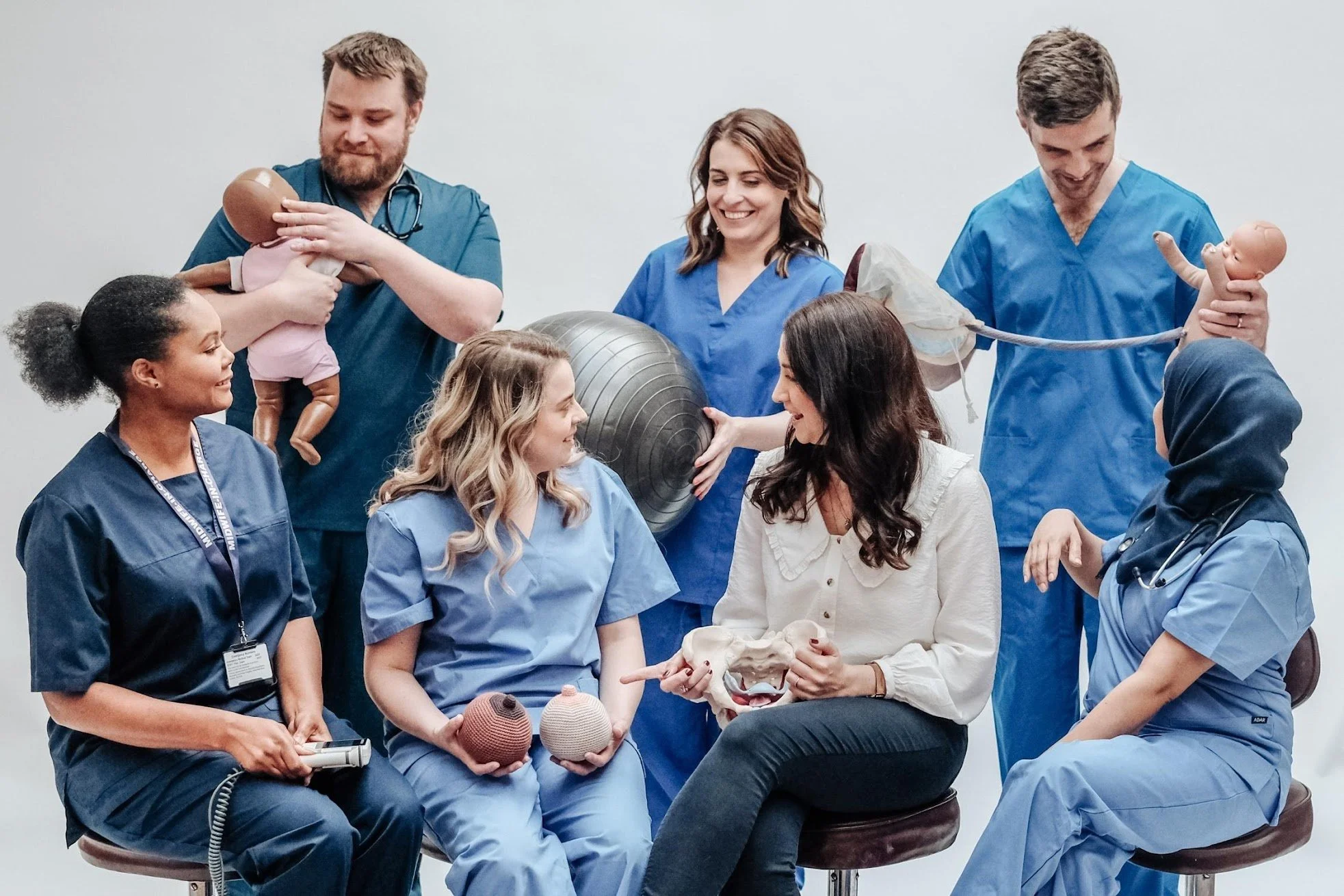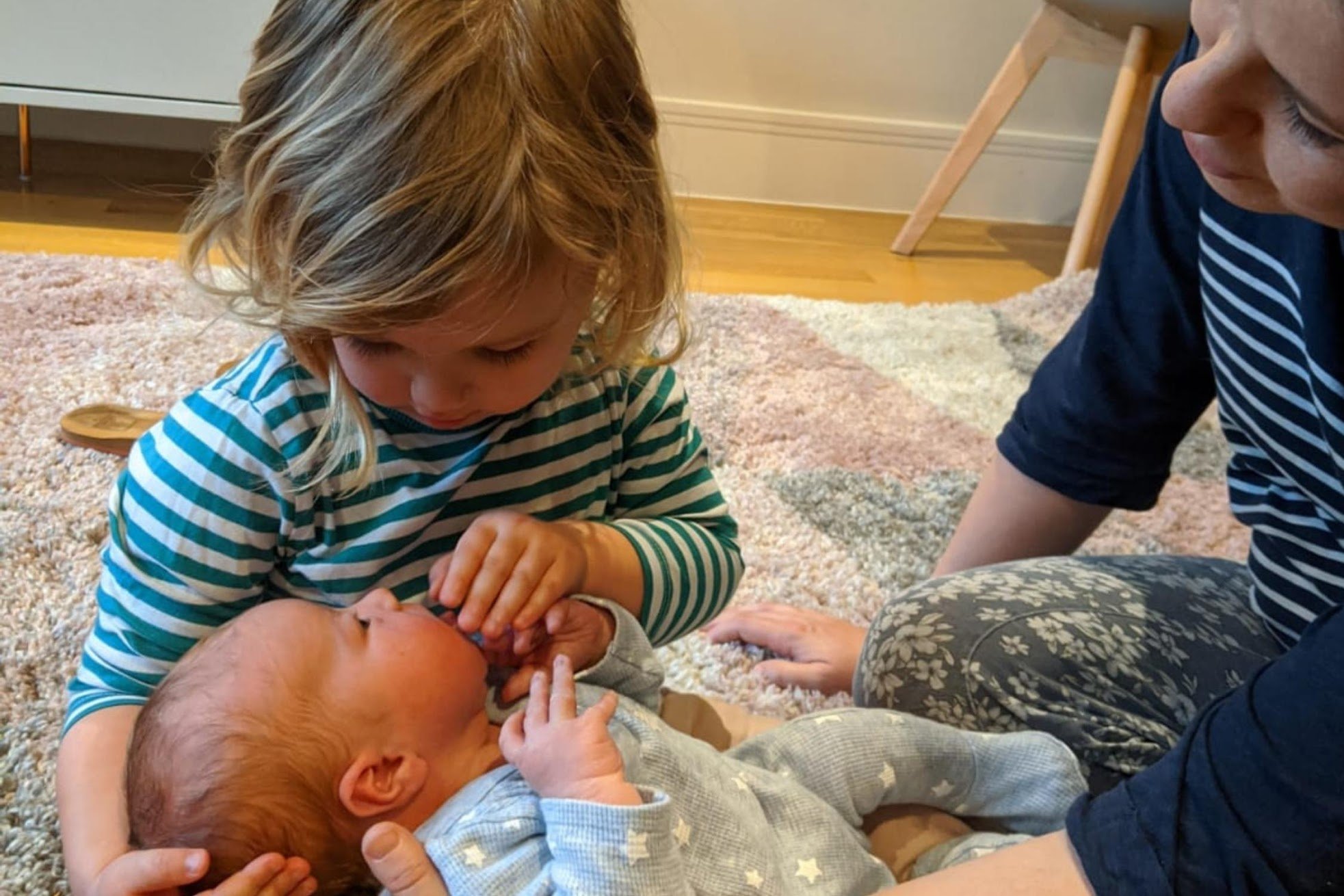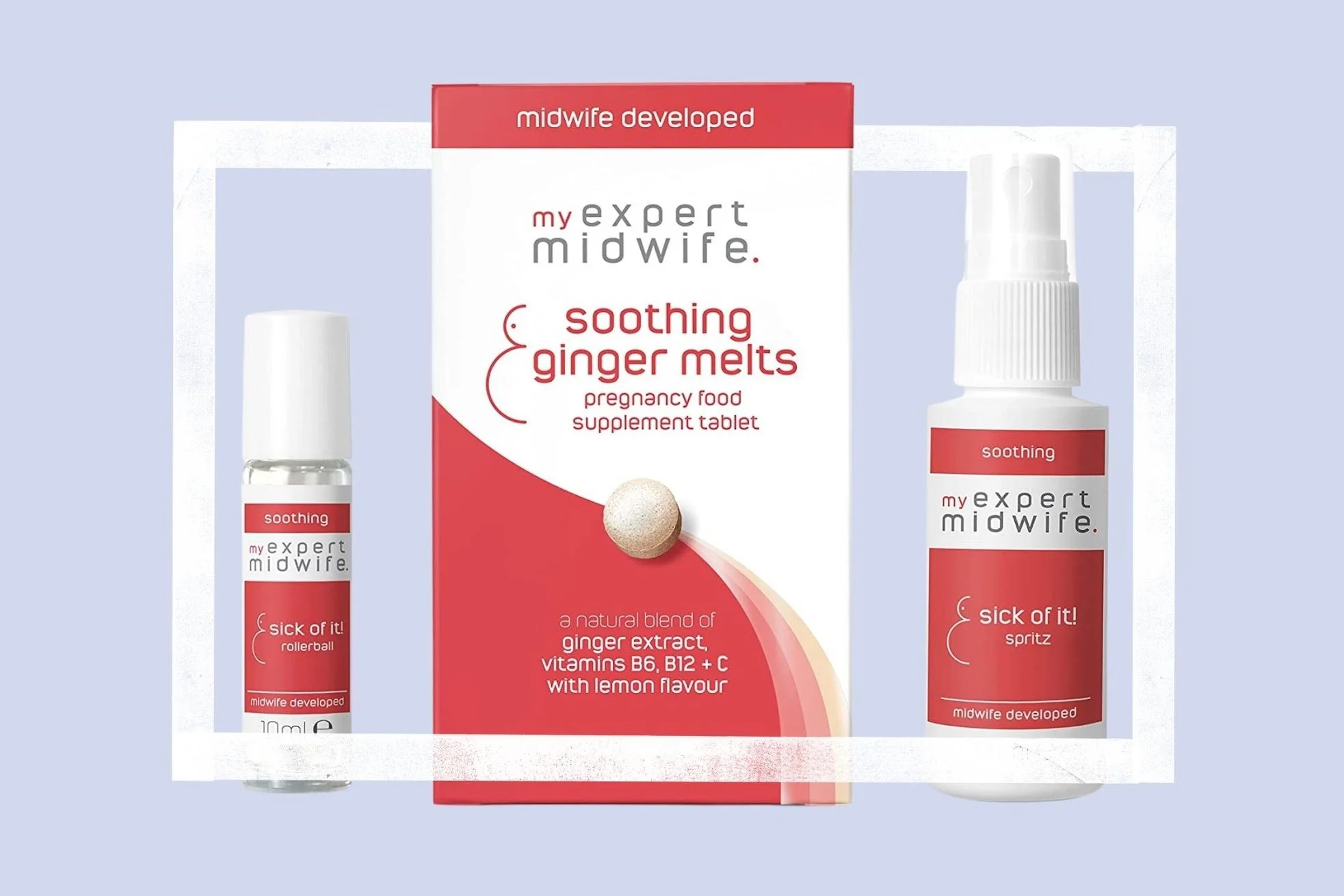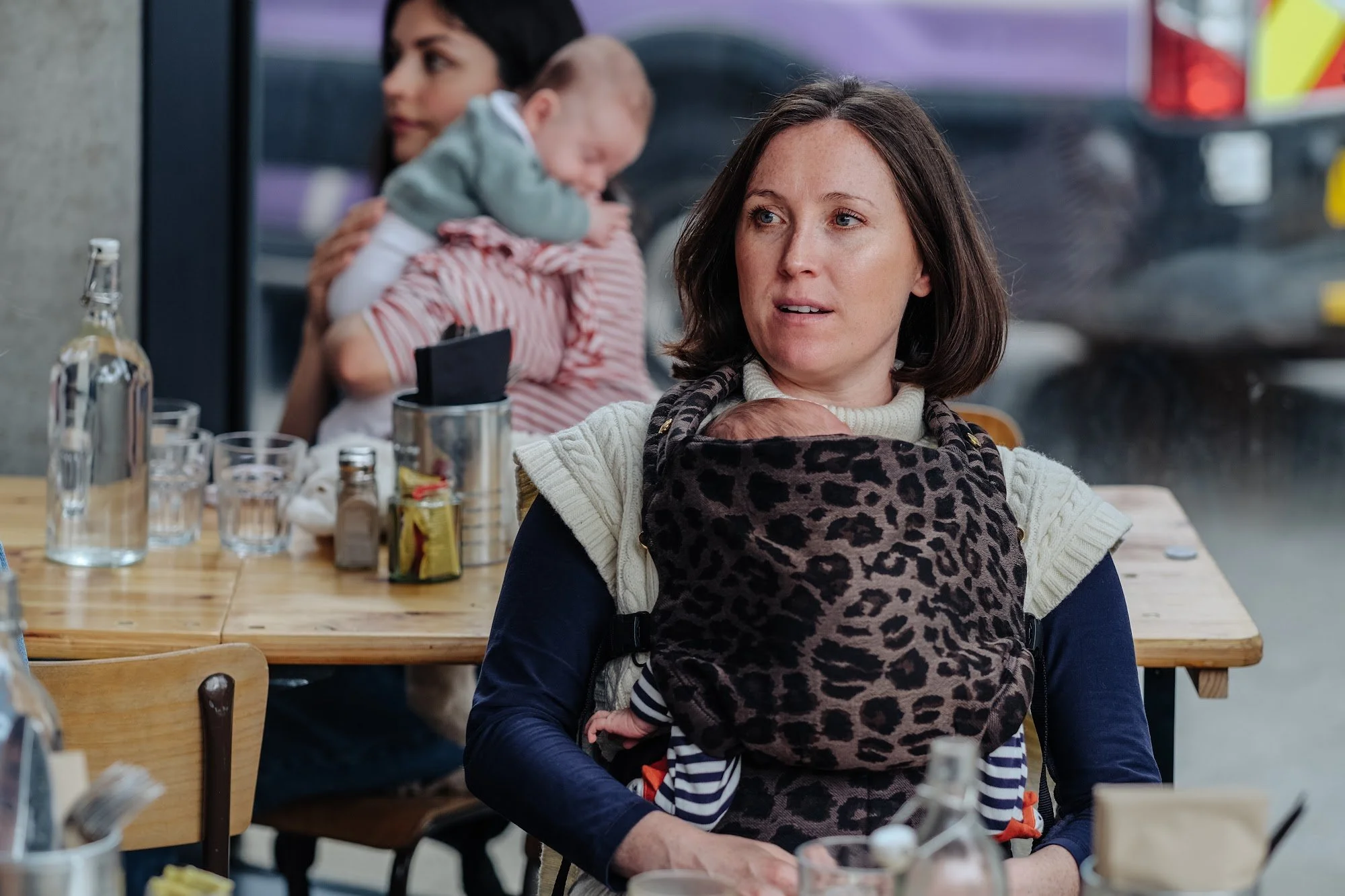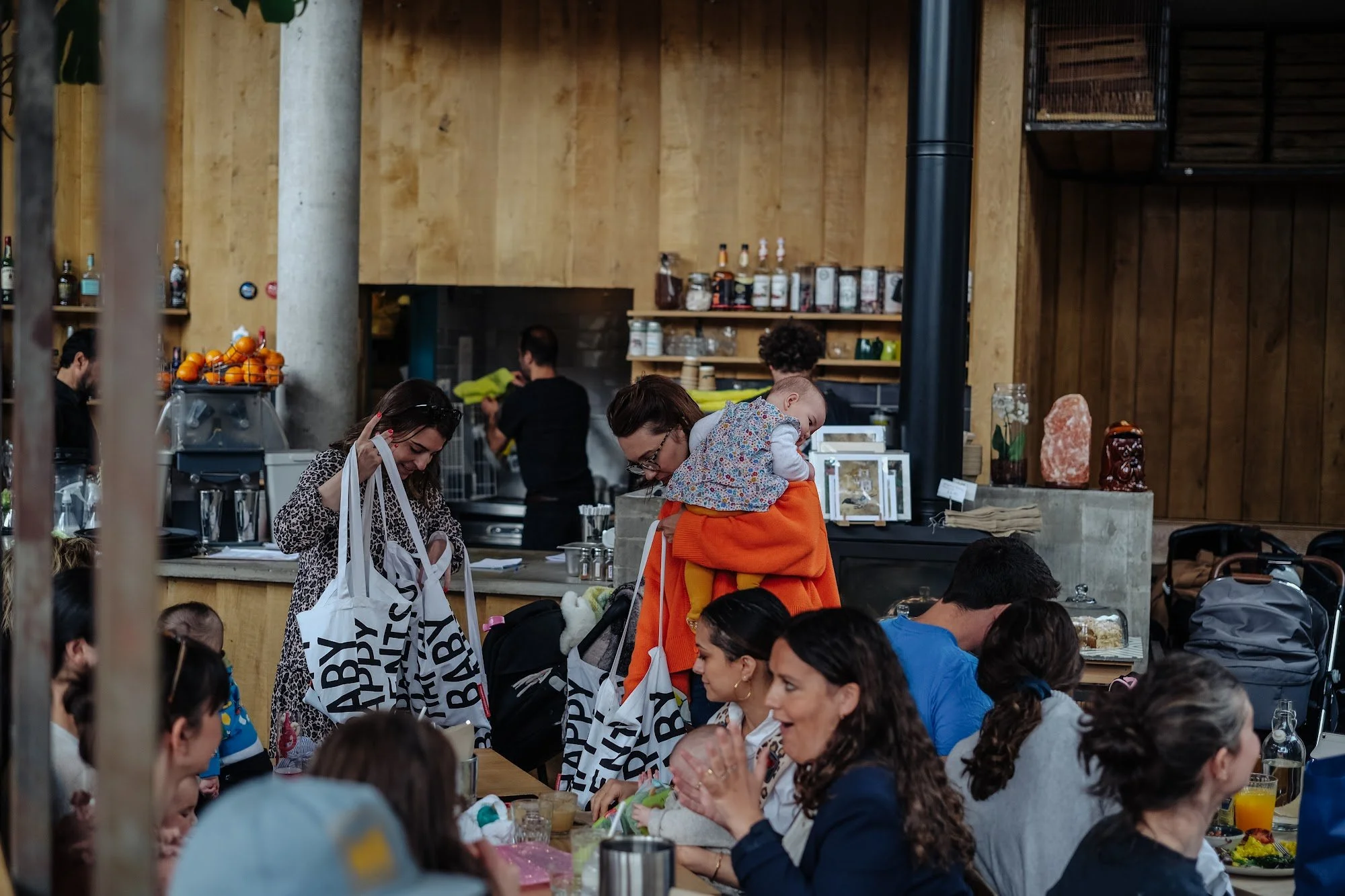Week 8: Your booking appointment
Image: @tinac.lille
Welcome to week eight of the Happy Parents Happy Baby guide to pregnancy, birth and beyond.
This week we'll be covering:
We hope you enjoy it!
Your booking appointment
You will be offered your booking appointment when you are 8-10 weeks pregnant and it usually lasts around an hour. Where it takes place will depend on the pregnancy services in your area.
What does it involve?
Your midwife will take all of your details such as medical history/pregnancy history, who you live with and your job, if you have one. They will weigh you, take your blood pressure and if you agree, do a blood test to check for HIV, syphilis or hepatitis B. They will also test your urine to check for signs of pre-eclampsia. You may also be offered a blood test for sickle cell anaemia and thalassaemia (blood disorders which can be passed onto the baby) if they think there’s a chance you have either of them.
They will ask you when the first day of your last period was so they can give you a rough calculation of when you might be due. You’ll get a due date at your 12-week scan. You can calculate your approximate due date here but remember, only a small percent (around 4-5%) of babies are born on their due date.
Your booking appointment is also an opportunity for you to talk about any concerns you may have.
What else will I be told?
If you drink alcohol or smoke your midwife will advise you to stop and offer advice on support and services available. Smoking during pregnancy increases the risk of stillbirth or your baby developing serious health problems.
They will also recommend you start taking a vitamin D supplement and folic acid supplement, if you aren’t already.
Other useful information you may be given includes:
Breastfeeding advice
Free dental care and free prescriptions
Exercising when pregnant and pelvic floor exercises
Options on where to have your baby
Antenatal classes
You will be given a set of physical or digital notes to keep throughout the whole of your pregnancy which will outline all of the appointments and scans you will need and at which stages. It will also contain contact numbers for the midwifery team in case you have any problems or questions in between appointments.
Your baby’s development in week eight
Size of a raspberry
Around 15-16mm long
Congratulations, your baby has now moved from being an embryo to a foetus!
Your baby is still inside its amniotic sac and is getting nutrients from the yolk sac.
The placenta is continuing to develop by forming structures to attach it to the lining of your womb.
Adorable!
Week 8 Checklist
You might like to:
Pelvic floor exercises. It’s never too early to start strengthening these muscles. Strong pelvic floor muscles will make you less likely to leak urine when you sneeze, cough or exercise during your pregnancy. It will also help with labour and your birth recovery.
Maternity exemption form. Pregnant women are entitled to free prescriptions during their pregnancy and for 12 months after. Your GP or midwife will be able to give you a form to fill in and send off. You will then receive a card which can be shown in pharmacies.
Spotlight on: Tiredness
Each week we'll be delving into the common symptoms of early pregnancy and bringing you top tips for managing them from our team of specialists and parent community.
Help! I’m struggling to stay awake!
Why? If you are finding it difficult to wake up in the mornings or wanting to crawl into bed in the middle of the day, you wouldn't be alone.
Tiredness is one of the most common symptoms of the first trimester. As with other symptoms, much of it comes down to hormone changes - specifically rising levels of progesterone.
Fatigue commonly starts in the first weeks of pregnancy and eases after your first trimester - before returning again for many in the third trimester.
There are many causes of pregnancy tiredness and most of it comes down to your body working harder than ever to create the perfect environment for your baby to grow.
In the first 12 weeks your body is developing the placenta which will provide your baby with the nutrients and oxygen it needs to thrive. The demands of creating and pumping more blood to your baby can also drain your energy.
Top tips for dealing with tiredness:
Make time during the day to rest and put your feet up. Try to have a nap if you can.
Make life easier where you can. Could you look into getting a cleaner or online shopping deliveries?
Accept help if offered by friends and family. This may involve taking your other children for a playdate or some help around the house.
Have a relaxing bath and go to bed a bit earlier. If you’re struggling with pregnancy insomnia you may want to try some sleep or meditation apps to help you relax.
Birth story of the week
This week we catch up with Amie from our Forest Hill course who shares the positive birth of her baby Finn.
“The day that Finn was born, I was booked in to have an induction (which we called his ‘eviction notice’). After being given the pessary and monitored for a short time, we were advised to go for a walk and get some food. My mum, who was looking after my daughter, suggested that we come home for a bit as we live so close to the hospital, but my contractions started and something in me felt that I needed to get back to the ward. In the end, we didn’t even make it to the labour ward as the team were concerned that I may give birth in the lift! Finn was born in one of the bays on the antenatal ward, surrounded by other expectant mums who all said congratulations through the curtains!
“Even though we are second time parents, coming on the Happy Parents. Happy Baby antenatal course really did help us to prepare for Finn’s arrival. There were lots of things that we had forgotten, so it was great to have a refresher, and it helped us to feel more prepared for how different each birth and baby is.”
Welcome little Finn!
Treat of the week
‘Sick of it’?
If you’re struggling with nausea and sickness this package of soothing ginger melts, a spritz and rollerball could become your go-to toolkit to help make you feel better. Developed by midwives and approved by mums these products are all created with the aim of making you feel better and are safe to use in pregnancy.
Products are based on suggestions from our specialists and community of parents. We may earn commission from shopping links.
Join our community
Happy Parents Happy Baby is here to support you through every step of your pregnancy, birth and parenting journey.
Connect with other parents-to-be and learn everything you need to know, by joining our award-winning antenatal classes.
That's all for now...
Thank you so much for joining us!
Have a great week.
Team HPHB x
Information you
can trust
Our articles are based on the latest-evidence based guidelines and scientific research and are written by our team of medical experts.
Coming up
next week
Self care - why looking after yourself isn’t selfish
Spotlight on: changes to your skin
Check out our Instagram page for extra resources from our team of experts and for free live events, such as pregnancy relaxation sessions
Follow us @happyparents.happybaby





